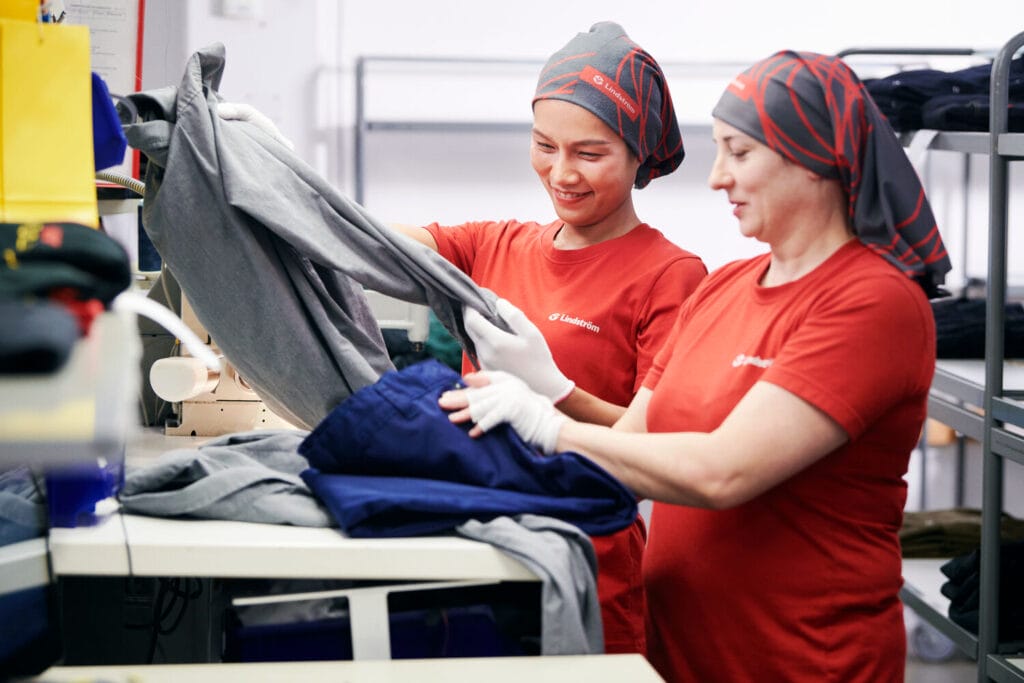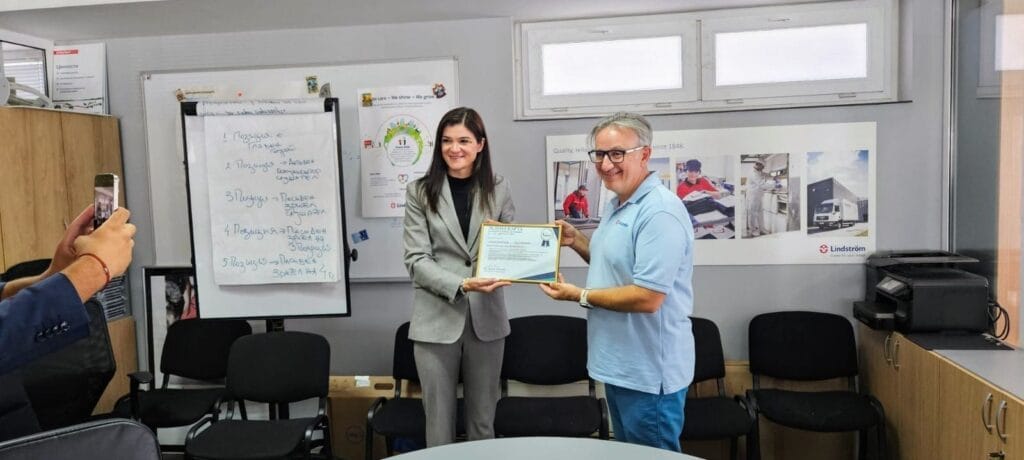
Improving textile management in companies
There are many job titles to describe the person who handles purchasing and inventory for a company – procurement manager, supply chain coordinator, materials management specialist. No matter your title, if you manage textile solutions then you understand the importance of choosing the right workwear management solution. This choice is key for maintaining a safe and hygienic work environment, allowing you to prioritise your core operations.
The challenges of textile management
Managing textiles is not simple. Think about the challenges and expertise required to handle textile management on your own.
First, there are the safety, hygiene and environmental regulations you need to follow. Some industries – such as healthcare, food manufacturing and pharmaceuticals – have stricter regulations than others. It takes specialised skills and knowledge to comply with these standards. Your employees should know how to inspect the garments for damage, repair them, launder them correctly, store them properly and maintain detailed records of all activities. Moreover, regulations and guidelines are constantly changing, adding more complexity to the process.
Next, the number of garments needed can vary significantly. You may have a seasonal increase in staff at your hotel chain or a surge in patient admissions in your hospital. Optimising the right number of textiles in stock requires careful planning and efficient resource management.
Finally, when purchasing workwear, you need reliable suppliers. Finding suppliers you can trust can be time-consuming. Though there are many good suppliers out there, some prioritise selling new garments rather than producing durable garments or prolonging the lifespan of your existing textiles.
Managing textile solutions independently often means hiring a specialist or training an employee, taking time away from their core tasks. This role comes with a lot of pressure since efficient textile management is crucial for safety, health and smooth operations.
Rent textiles with ease
These challenges can feel overwhelming, which is why many companies partner with us. With decades of experience, we understand the importance of clean and well-maintained textiles.
Managing textile services is our core business. We are experts in ensuring the availability, safety and longevity of your garments. This focus enables us to work closely with your company to streamline your textile processes and improve safety and hygiene. By relying on us for this essential task, your organisation can focus on its primary duties.
Moreover, we adhere to industry-specific standards to meet unique requirements. We stay updated on changing regulations, giving you peace of mind and confidence in our services.
Our interests also align closely with those of our customers. While some suppliers focus on selling new textiles, we prioritise maximising the lifespan and functionality of each garment. We conduct thorough quality checks and repair textiles as needed. We constantly seek ways to improve our operations, maintaining consistent and reliable service delivery.
With our tailored approach, your organisation can overcome its textile management challenges with ease. Our complete solution makes your textile processes smoother, lifts hygiene standards and ensures your workplace runs efficiently and safely.
Benefits of holistic textile management services
What does all this mean for your business? What added value does your company receive by partnering with Lindström? Here’s a summary of the benefits:
Our solutions directly benefit your employees and your business. With clean and well-maintained textiles readily available, you can have peace of mind that we are meeting your textile needs and keeping your employees safe.
Looking ahead
Our customised textile solutions can greatly improve the way companies manage textiles. Nevertheless, we are not content to stop there. We continuously update our processes and invest in innovative technologies. Together with our customers, we aim to manage textiles in a circular way that benefits employees and business operations.




